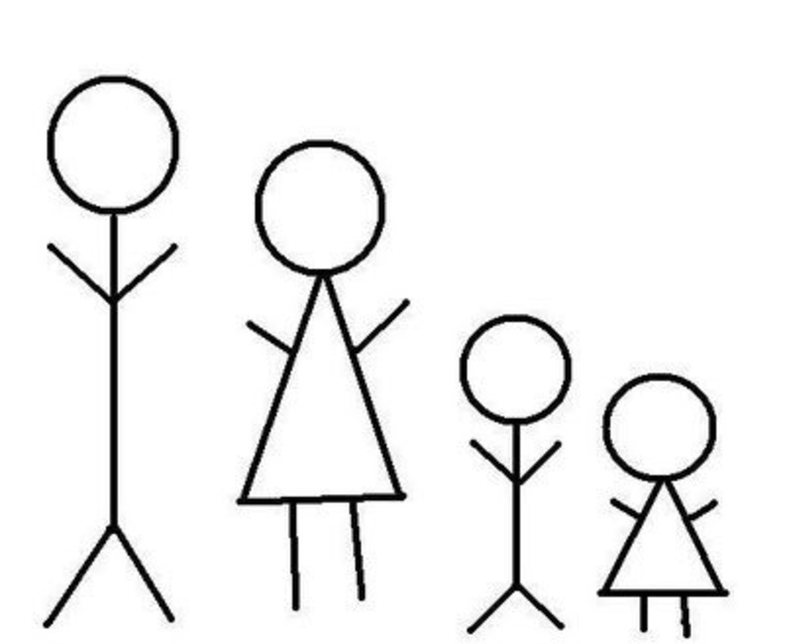
Do you feel like you always have to take care of everyone around you and never focus on your own needs? You may be experiencing big baby syndrome. Or maybe you want to please your sisters, brothers or other family members. But let's not forget the little brothers and sisters who are so much fun...
Birth order theory, which shows the order in which you were born affects your personality. On TikTok the hashtag Birth Order has 594.6 million hits and people are so involved in this trend, but why?
Chance Marshall, a therapist and founder of the platform Self Space talks about Cosmpolitan and the birth queue theory:
What is the birth order theory?
This is much more than an internet theory. The idea dates back to the early 1900s when Austrian psychologist Alfred Adler first proposed the idea that children might have certain traits based on when they were born. Alder went so far as to say that when siblings are born in a family can have an impact on everything from personality, relationships, careers, etc.
But what does birth order theory say about people's personalities?
The eldest child
According to the theory, the first children in the family tend to be ambitious, disciplined and good leaders. According to psychologists, they develop leadership qualities, full of responsibility and perfection. They may feel pressure to excel and be a role model for younger siblings.

The middle child
Middle children are the peacekeepers, who see themselves as a barrier between other siblings. "They may feel squeezed between the expectations set for the first child and the freedom for the younger ones. Middle children in the family may develop traits such as diplomacy, empathy and a desire for justice.
The youngest child
Younger children have a somewhat wild reputation, having been given "reign" without limits. Last children can be adventurous and social as they grew up under the watchful eye of older sisters or brothers. This sense of risk and adventure can be fun in a relationship, but it can cause problems as you grow older.

Only child
According to the theory, only children have similar characteristics to the first child in the family, as they carry the weight of expectations and investments that parents make in them. But without other siblings to compete for attention, they may be less competitive. They tend to be independent, having spent a lot of time alone.
Source: Cosmopolitan





